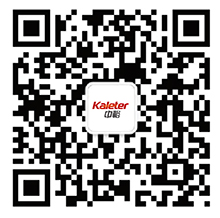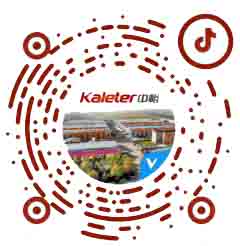Unilever, the global consumer goods giant, quietly dominates your daily life. Have you ever seen those shampoo or body wash commercials on TV and noticed the name "Unilever" at the end? Unilever includes: Vaseline, Lux, Charlene, Dove, Pond's, Qingyang, Enigma, gold textile and so on.
The impact of this is not limited to China, most of the world's 7 billion people use their products, but how many people really notice? Unilever has sneaked into your life. It's not just a commodity company. It is also involved in the food and beverage sector.
Cage-free egg promise
Farm animal welfare has always been one of Unilever's core metrics in sustainable agriculture and is part of its Sustainable Agriculture Code. Unilever places great emphasis on ensuring the care and protection of farm animals during the production process. Unilever's products include a variety of consumer goods, such as mayonnaise, ice cream and flavored soups, which are made with ingredients from farm animals, such as eggs and dairy products. This has driven Unilever to 100% cage-free egg sourcing in Europe and North America, sourcing dairy products from suppliers that meet its sustainable farming guidelines and ensure the welfare of cows.
Unilever paid extra attention to the practice of weeding out cockerels in layer farming, although this is relatively common in the industry, but they looked at alternatives, including sex determination technology, and breeding cockerels as a dual-purpose breed, i.e. one suitable for meat and egg production, to improve the situation.
Unilever has committed to sourcing 100% of its eggs cage-free globally by the end of 2025, having achieved 72% of its global egg supply from cage-free by the end of 2022, and will continue to report progress annually on its official website as part of its commitment to animal welfare.






